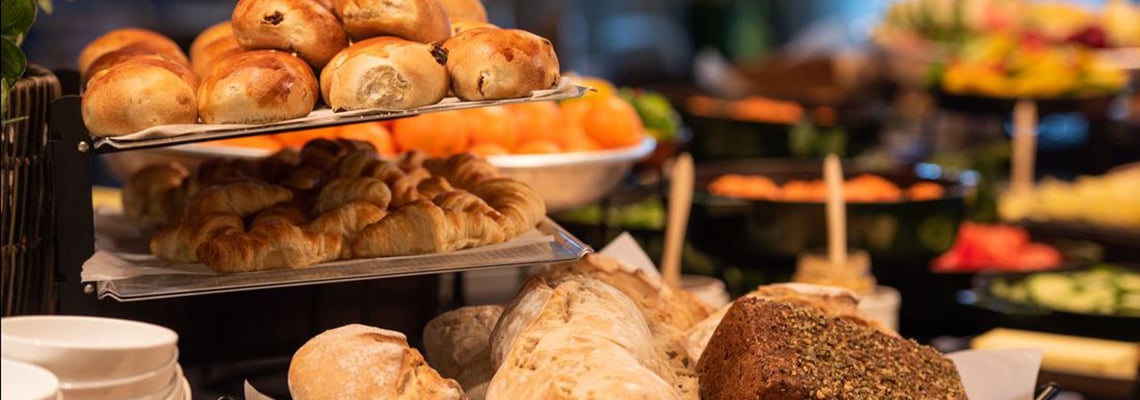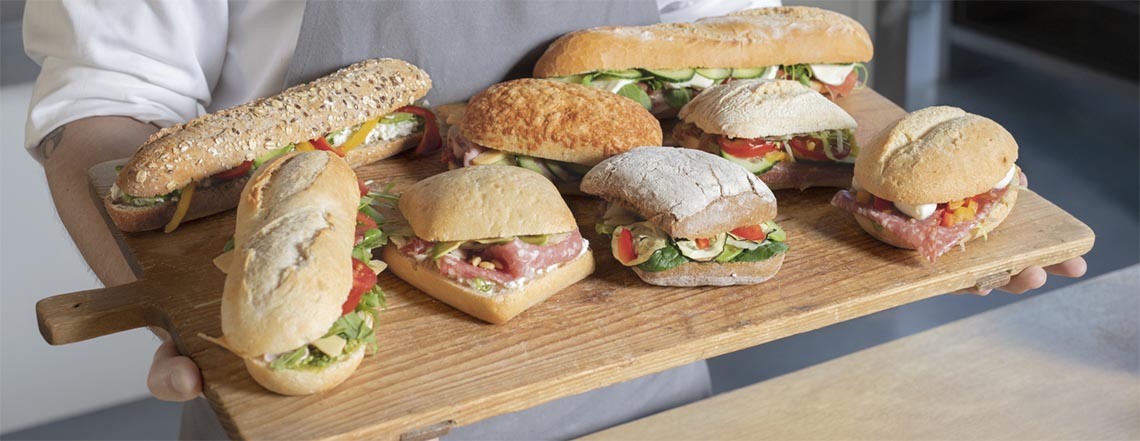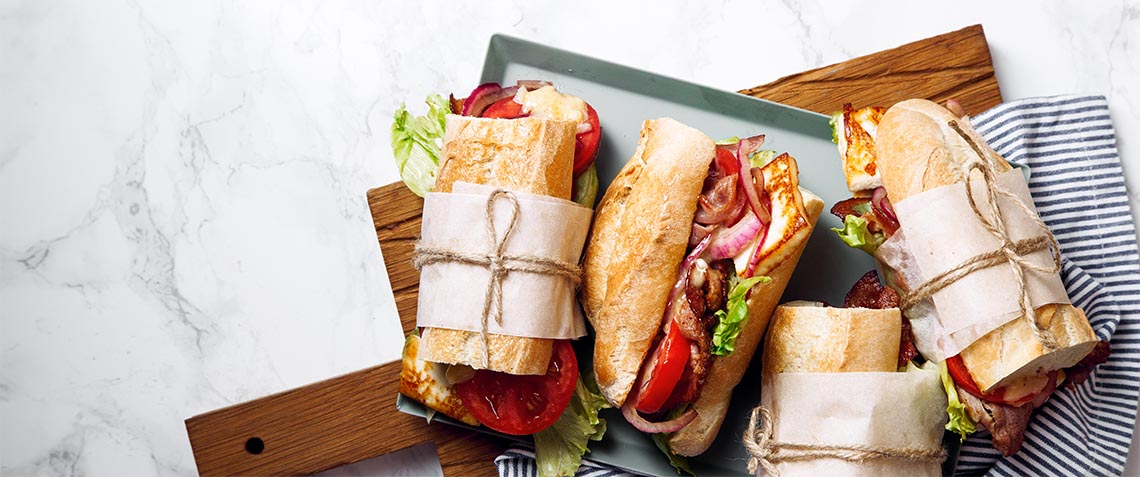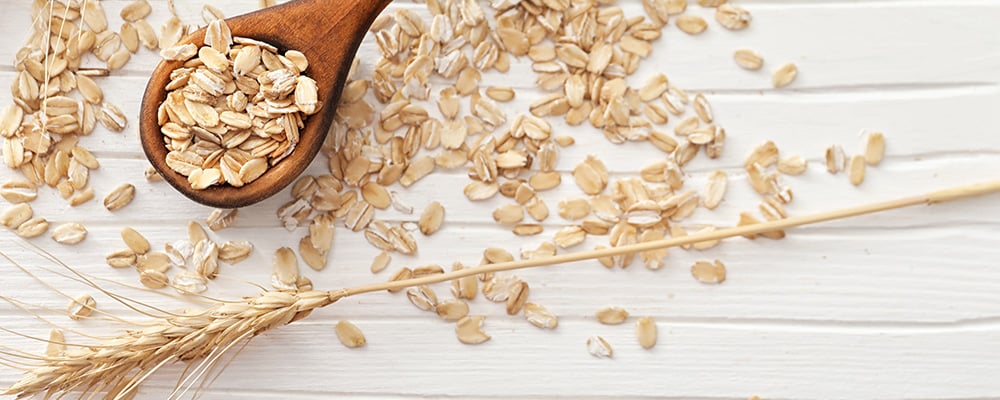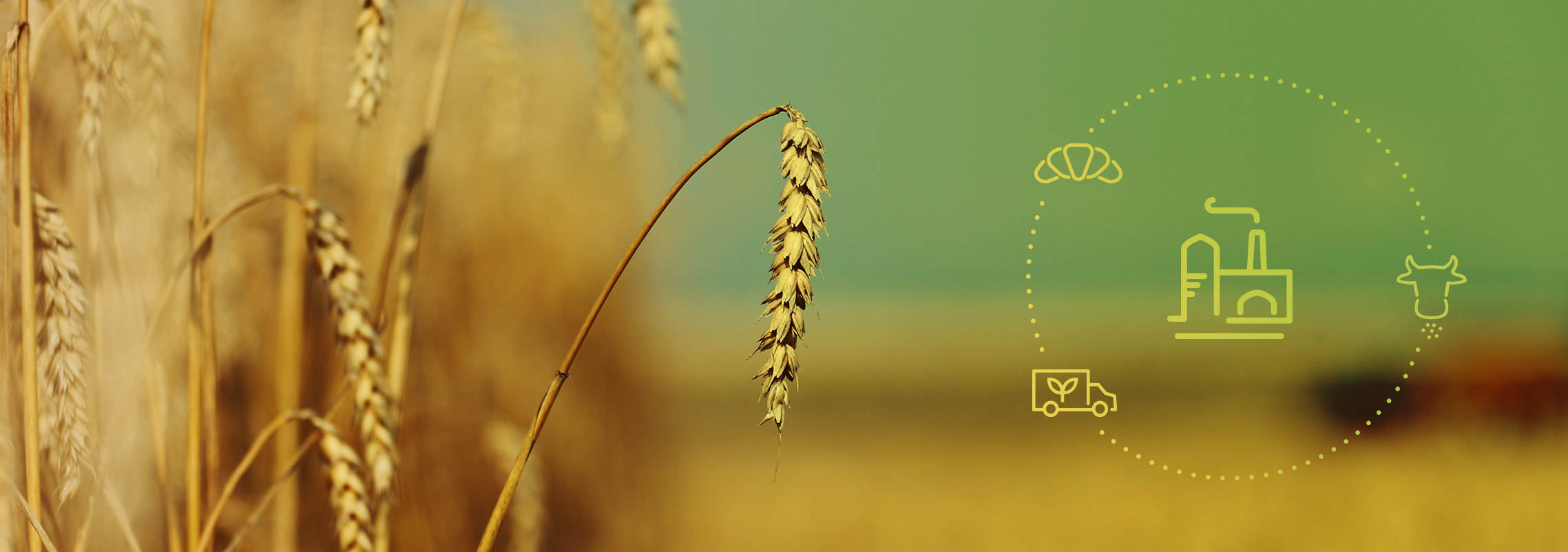
2 minute read
SustainabilityBakery waste from Lantmännen Unibake is used for fuel and feed
Lantmännen has built recycling plants that can process food waste from Lantmännen Unibake’s bakeries and turn stale bread into biofuel, animal feed and carbonic acid. The recycling process is an example of how otherwise wasted resources can be brought back into production with substantial environmental benefits.
